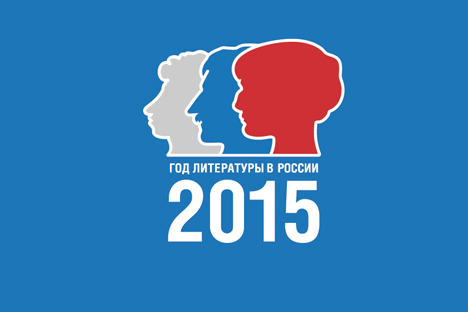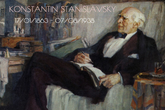Theater director wins Alexander Solzhenitsyn Prize

Sergei Zhenovach was born on May 15, 1957 in Postdam, Germany, into a military family. He has worked as director for the Pyotr Fomenko Studio, the Maliy Theater, the Drama Theater on Malaya Bronnaya, and the Moscow Chekhov Arts Theater. In 1994, 1996 and 1997 he staged Chekhov, Ibsen and Shakespeare in Norway. He has been awarded the prestigious Golden Mask theater award.
This year’s winner of the Alexander Solzhenitsyn Prize has been announced as theater director Sergei Zhenovach. According to the selection panel, he was chosen for his “faithful service to Russian theater, inspiring theatrical adaptations of classic world literature and instilling a love of books and the theater in his audiences.”
Sergei Zhenovach has followed his mentor Pyotr Fomenko in creating a type of theater where the interpretation of prose writing for the stage is an art in itself.
Adapting prose for the stage has been around for over a century, beginning with Nemirovich-Danchenko, whose staging of Dostoevsky's novel “Demons” in 1911 was extremely successful.
However, towards the end of the 20th century, directors such as Kama Ginkas and Pyotr Fomenko began staging prose writing without turning it into plays as such – instead creating a new type of drama. Audiences began to hear prose being presented on stage instead of the classic monologues, cues and other typical types of theatrical dialog.
Sergei Zhenovach staged his first novel, Faulkner’s “The Sound and the Fury,” when he was still a student at the Russian Academy of Theater Arts. Even at that time it was clear that the director was pushing the boundaries of what constituted a theatrical performance.
During his time as art director at the Drama Theater on Malaya Bronnaya he staged Dostoyevsky’s “The Idiot” almost in its entirety, and he brought the characters from “The Brothers Karamazov” to the stage at the Theater Arts Studio. He has also staged Dickens’s “The Battle of Life,” a production that resembled a book-reading by the fireplace and broke down the separation between literature and theater even further.
First published in Russian in Rossiyskaya Gazeta
Follow the Year of Literature with RBTH
All rights reserved by Rossiyskaya Gazeta.
Subscribe
to our newsletter!
Get the week's best stories straight to your inbox
